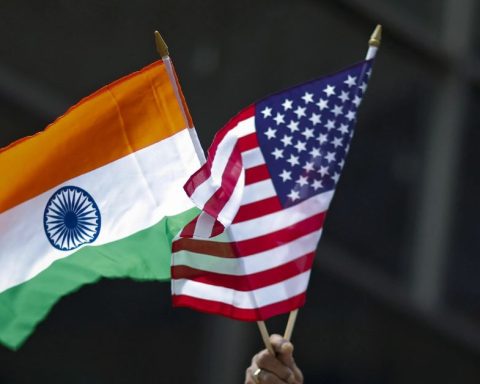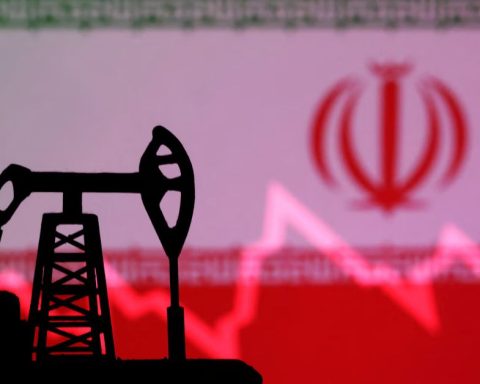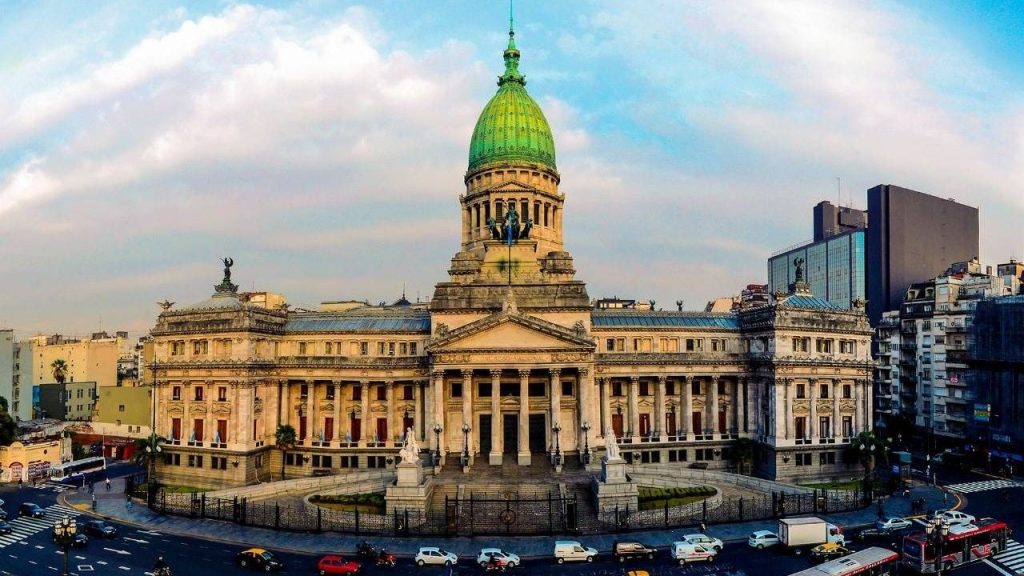September 12, 2024, 4:00 AM
September 12, 2024, 4:00 AM
Marcos Williams Tapia Valda
In recent years, we have witnessed how blockades and mobilizations, motivated by various social, political or economic reasons, have become a common form of protest. Although these actions often seek to pressure the Government to meet the demands of the population, we cannot ignore their collateral effects on the economy, particularly on inflation.
Inflation, understood as the widespread and sustained increase in the prices of goods and services, is an economic phenomenon that directly affects people’s purchasing power. One of the main causes of inflation is the imbalance between supply and demand. This is where blockades and mobilizations play a crucial role.
When roads are blocked, the transportation of goods and services is severely affected. Products, especially essential ones such as food and fuel, cannot reach their destinations on time. This disruption creates shortages in local markets, which in turn causes an increase in the prices of these products.
In other words, supply is reduced while demand remains constant or even increases due to the population’s panic over shortages, which drives up prices in local markets.
Blockades also increase production costs, with companies that rely on inputs transported by road being forced to pay more for them or seek more expensive alternatives to obtain their materials. This increase in costs inevitably translates into higher prices for the end consumer, further fueling inflation.
This cycle becomes a dangerous feedback loop: high prices generate greater dissatisfaction among the population, which can lead to more protests and, therefore, more blockades. Each new blockade worsens the situation, creating a vicious circle that is difficult to break.
In addition to the immediate effects on inflation, lockdowns and protests have long-term consequences for the economy. The uncertainty generated by these events can discourage investment, both domestic and foreign, and companies may choose to reduce their production or even close operations in affected regions, contributing to greater economic instability.
It is understandable that in contexts of social tension, protests manifest themselves in various forms, including roadblocks. However, it is crucial that both protesters and the government consider the economic effects of these actions.
Inflation affects everyone, but especially the most vulnerable sectors of society, who see their purchasing power eroded with each price increase. Finding a balance between legitimate protest and maintaining economic stability is a challenge that we must address seriously and responsibly.
In short, roadblocks, while effective in drawing attention to social problems, can aggravate inflation and trigger a destructive cycle that affects the entire economy.


















